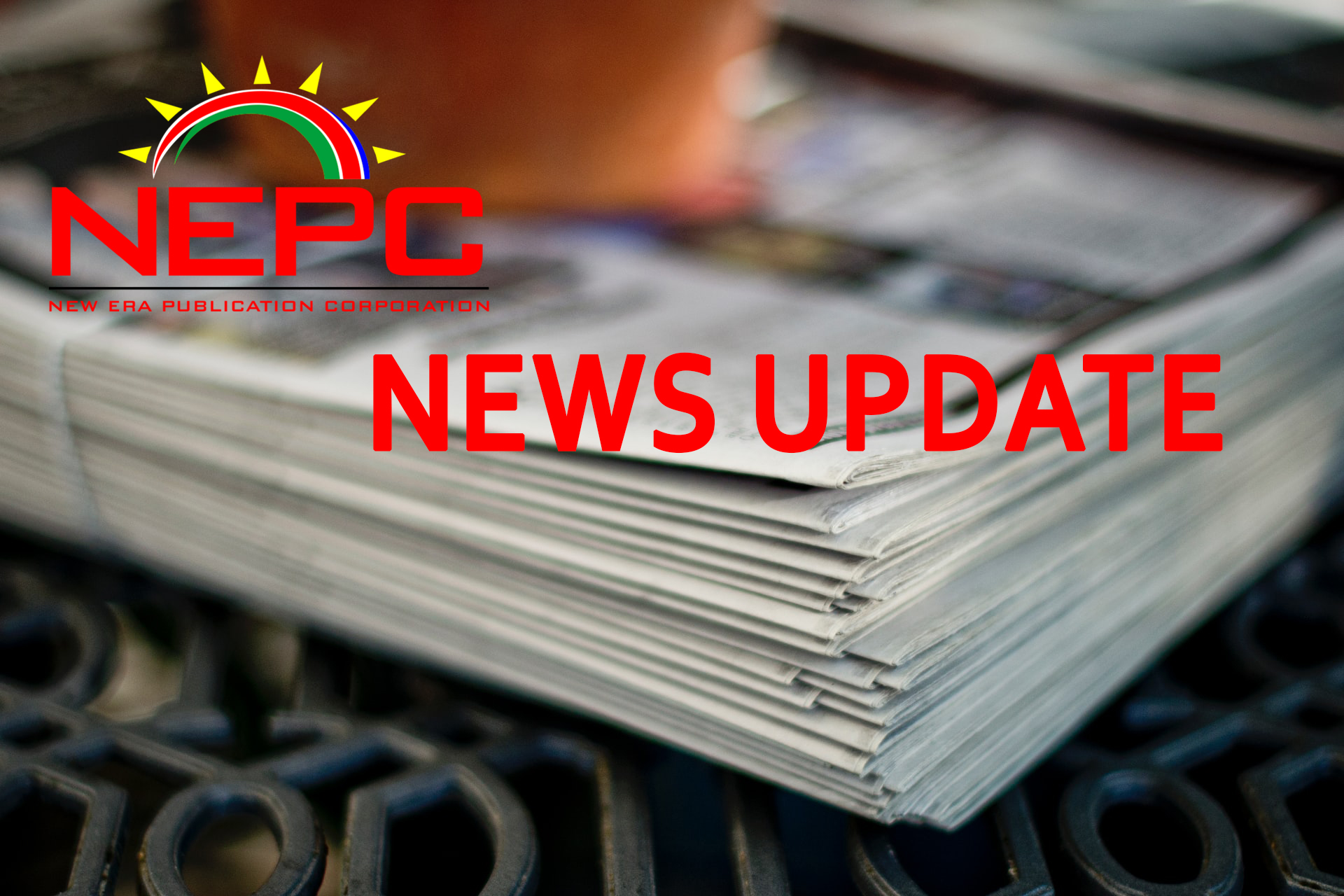Lahja Nashuuta
With so many learners failing to meet the entry requirements to Namibia Senior Secondary Certificate Advanced Subsidiary level and/or institutions of higher learning over the past years, and with the University of Namibia recently coming out to say they will not take in grade 11s as per the current education curriculum, several political parties have come out, pledging to tackle the constraints hampering the country’s education sector.
From proposing new curriculums to providing quality and equitable access to primary and secondary learning, and equipping educators to teach better, politicians have many plans on how to “fix” Namibia’s education system, especially since Presidential and National Assembly elections draw nearer.
Swapo
Ruling party Swapo suggests a new curriculum designed to better prepare students for the demands of the modern world.
According to the party’s youth league
national secretary for education Christoph Kavuyu Sikosi, a new curriculum will
include an emphasis on skills development, critical thinking and problem-solving.
“The Swapo Party is committed to addressing the inequalities in the education system, and promoting inclusive education for all. This includes initiatives to support students with disabilities, improve the quality of education in underprivileged areas, and promote diversity and multi-culturalism in schools,” he noted while citing the party’s education policy and
manifesto, which are centred around
modernising the curriculum, improving access
to education, and promoting inclusivity and equality in the Namibian education system.
With regards to the current curriculum, Sikosi said the party is aware of the uncertainties raised by different stakeholders, which includes the requirement of three C grades without consideration of points to qualify for Advanced Subsidiary (AS) (formerly grade 12). He added that Unam’s recent pronouncement of not accepting those with grade 11 signals the need for introspection of the new curriculum, and ensuring that it is adjusted accordingly to the required accepted standards.
The SPYL will thus soon initiate an investigation into those aspects to ensure compliance and standard procedures in the future implementation of programmes.
“Imagine a grade 11 enrolled to do education and come back to teach grade 12, which he/she never reached. It’s time we address the shortcomings in the curriculum,” Sikosi added.
PDM
Meanwhile, the Popular
Democratic Movement (PDM) has envisioned inclusive, equitable and accessible basic and higher education streams in Namibia. Inna Hengari, PDM shadow minister of education, said the party’s focus is on promoting skills which lead to productivity and employability. “Skillful hands, bright minds, discipline and perseverance must make our nation’s talent an asset worldwide,” she observed. Hengari stressed that despite the significant investment in education through public spending, there are still inefficiencies which affect both quality and equitable access to primary and secondary learning. “The PDM stands resolute in championing
a politically sound, radical and rational paradigm shift for a genuinely transformative educational landscape in Namibia,” she added.
LPM
The Landless People’s Movement (LPM) is also eager to reform the education system,
especially in teacher training programmes,
the allocation of adequate resources, support
for student diversity, and addressing external factors which impact teaching effectiveness.
LPM youth command leader Duminga
Ndala said teacher training programmes
need to be re-evaluated to ensure they adequately prepare educators for the demands of teaching grade 11 and AS level. “Efforts should be made to provide trainee teachers with the necessary resources, including teaching materials, technology access, professional development opportunities, and support systems. The party strongly believes that adequate resources are essential for creating an environment where teachers can thrive and deliver high-quality education.
NUDO
If voted into power, National Unity Democratic Organisation (NUDO) secretary general Joseph Kauandenge said they will overhaul the whole education system to make sure that it responds to the needs and aspirations of the people.
“It is our fervent belief that our education system has been designed to keep our kids in perpetual poverty, as it throws them away every year to the streets without any mercy.
For starters, the government had the
audacity to state that they had consulted all stakeholders before introducing this new curriculum, yet the country’s top university continues to refuse to admit the grade 11s. That speaks to a scenario that we need serious reform, and we need it today,” Kauandenge stressed.
IPC
The Independent Patriots for Change (IPC) spokesperson Imms Nashinge has acknowledged the importance of quality basic education, and the need for the country to improve on the pass rates. However, he could not divulge the party’s plans to
address the hiccups in the education sector.
Nashinge said the IPC is currently drafting the party’s education policy, which will be informed by extensive research
and stakeholder consultation,
and is envisioned to be launched early in April. “We acknowledge the efforts made by the current government.
However, plenty of work
remains: the quality of education is not equal across the system, grades 11 and 12 failure rates, and many students still drop out before obtaining a school-leaving qualification.
However, the IPC is currently drafting the party policies on education and will only be able to pronounce itself at a later stage once the education policy is endorsed,” said Nashinge.
He went on to say, “We are for a long-lasting solution, and not throwing stones just for the sake of it. The current mess is biting all of us”.
APP
Acting All People’s Party (APP) president Erastus Nangolo Shuumbwa said once in power, the party will address the lack of preparation and
support given to grade 12 learners, issues
relating to curriculum and assessment, socio-economic and socio-cultural challenges faced by the learners, and overall gaps in the education system.
Shuumbwa said it is essential for education authorities to assess these factors, and work towards implementing targeted interventions to support students and improve their success rates during this critical academic transition.


